Written by Tanya Russell, Colvos Construction Project Engineer
https://www.colvosconstruction.com/tanya-russell
Owning and/or operating a business in today’s word can be a tricky feat. It seems that around every corner, there is someone that doesn’t like that way you do business. It seems though, that if you truly uphold your moral values and try to do what’s right, it may work out in the long run. We have seen many examples of businesses not doing the right thing. One thing that really gets me frustrated is when these big CEOs are making millions, or more, and their employees are starving, or they cut positions just to keep their pockets lined. If there is anything that I have learned over the years of working for different employers across multiple industries, big and small, is that if you take care of your employees, they will work harder for you. That isn’t to say that a lazy person will magically become a hard worker, but those with work ethic will push even further and maybe work a little later for a deadline because they know their employer has their back. These are the kind of ethics the company I currently work for stands by and I hope to be a business owner of a company like that someday.
We have learned about quite a few ethical frameworks that could help us a managers or owners in decision making. Some of them include Utilitarianism, deontology, virtue ethics, Jospehson’s core value model, and many others. However, when I was researching what I thought I would like to employ as my company’s ethical framework, I came across The Blanchard-Peale Framework. I had not heard of this one before, and that may be because it is a relatively newer idea. Ken Blanchard and Norman Vincent Peale wrote a book called The Power of Ethical Management in 1988. It asks three simple questions:
Is it legal?
Is it fair?
How does it make me feel?
In some of my research for previous assignments, it was noted that the first place a business should start for ethics is the law. The law provides a very basic guide as to what should be done in order to stay out of legal trouble. However, there are many actions, like cutting jobs, that are perfectly legal but may not be fair. Is it fair to the employee that is barely getting by to have their job cut so an executive can keep their six-figure income? And lastly, how does it make me feel? Here’s to hoping that the majority of business owners have a conscience and think about how their actions make them feel at the end of the day. That doesn’t mean, I feel good that I kept more money in my pocket, but more like how do I feel about cutting that person’s job? Do I care that their children may go hungry now? I sure hope that the majority of owners and managers feel good about their decisions t the end of the day.
Sometimes keeping these things in mind can make it more difficult to stay profitable. However, my company is the perfect example of how to stay profitable and keep your people happy. As we all know, 2020 was a rough year for everyone. I work for a commercial general contractor and we saw a lot of our jobs pulled off the table because owners weren’t sure how this whole thing was going to shake out. We had projected $50 million in earnings, but only hit $30 million, which was barely more than the year before. At the end of the year, when it came to bonus time, our president and VP opted not to take bonuses so that they could give their employees more. Our bonuses were less than the year before because we just didn’t have the same margins, but they sacrificed for us. They’re not millionaires, and they’re not living in mansions, but they still made the ethical decision that their employees were worth enough to give us bonuses. Pretty cool if you ask me. That is the kind of business I want to run someday, and I think that is exactly how every business should be ran. People first help make the tough decisions easier, and you tend to be more profitable because your people will go above and beyond for you.



